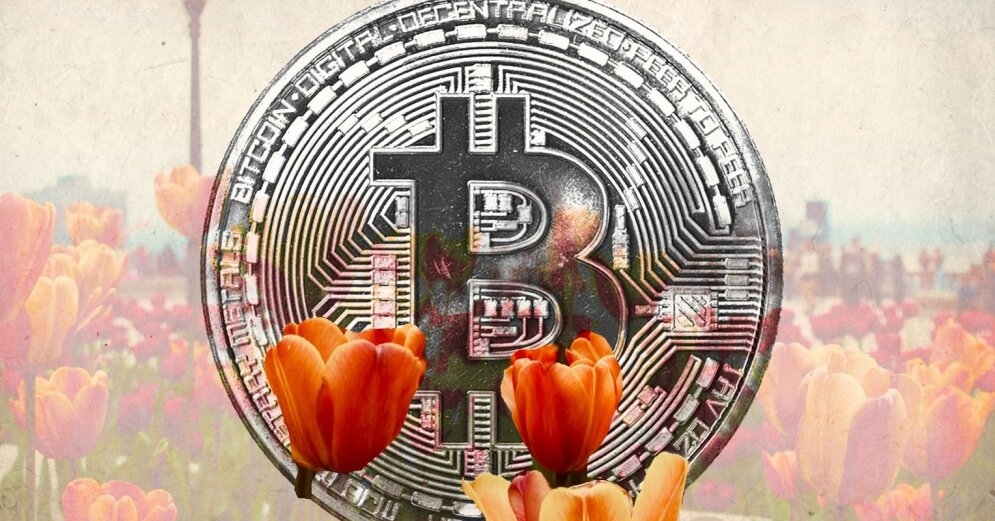The cryptocurrency market is experiencing another turmoil and, if it does not recover, threatens the resources of many investors. That is why economists and historians have come to the first speculative bubble in history, the Dutch tulip mania, in search of parallels and explanations for what is happening. While some point out that the event is inflated over time, others believe it is a very appropriate comparison for the 2022 cryptocurrency chips.
In 1634, the French and other Europeans showed great interest in tulips, but the main period of “mania”, according to the literature, was the period from 1936 to 1937 in the Netherlands. Historical sources show that the speculation market reached new heights, and tulip futures could change hands up to ten times a day in the winter before the bubble burst.
Trading was active. It should be noted that the historical data for this period are quite approximate, as most of the trading in tulips and futures took place outside the official stock exchange. However, according to some sources, one rare tulip bulb could cost as much as 2,500 to 5,000 guilders. By comparison, a silver drinking cup cost 80 guilders and eight well-fed pigs cost 240 guilders. However, some researchers suggest that these prices may not be true, as the source is a satire edition that described the “tulip mania” after the explosion. However, data collected by Peter Garber, an economist at Brown University, show that tulips cost as much as 20 times less than at the peak a few months before the explosion.
However, prices began to fall sharply in February 1937, and by May the tulip market had almost completely collapsed, and, according to researcher Dag French, the number of bankrupt companies had doubled during that period.
–


